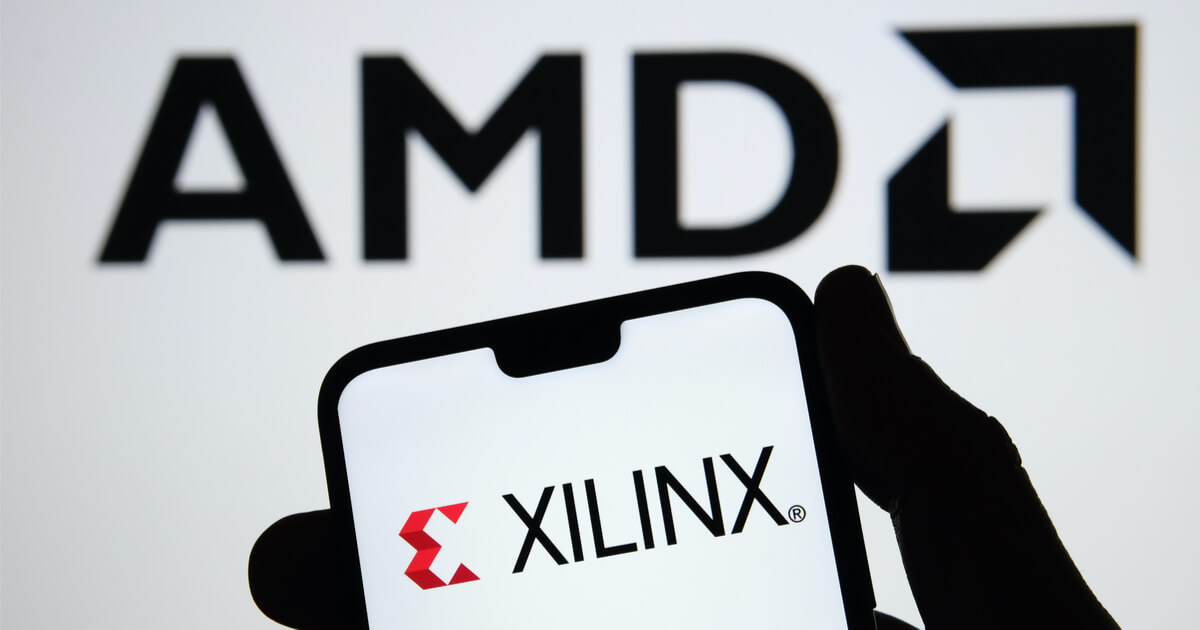Learn all about escrow smart contracts

In blockchain technology, escrow smart contracts play a central role in supporting secure transactions between users. An escrow smart contract can be defined as a self-executing contract. It serves to enforce the terms of the contract that exist between two parties. In blockchain, escrow smart contracts ensure that transactions between buyers and sellers are conducted in a secure and transparent manner.
To gain a deeper insight into blockchain technology, you need to understand the concept of escrow account smart contracts. These contracts minimize the risks associated with fraud by acting as a fair and impartial neutral party. To understand the importance of escrow smart contracts in blockchain technology, let’s delve deeper into the topic of escrow smart contracts.
Build your identity as a certified blockchain professional with a blockchain certification from 101 Blockchains, which provides enhanced career prospects.
What is an escrow smart contract?
While discussing the core concepts of blockchain technology, a common question that may come to people’s mind is what is a smart escrow contract? Finding the answer to this question will give you a thorough insight into how transactions are conducted within a blockchain network. Escrow involves a third party or neutral party who is responsible for keeping assets in a situation where there are two parties, a buyer and a seller.
Before participating in a transaction, participants transfer tokens to an escrow smart contract. The tokens deposited in the blockchain escrow smart contract are held until the required payment conditions are met. The dependency on the escrow account smart contract arises because the parties involved must ensure that the agreed product or service is delivered and that proper payment is made.
Therefore, the escrow blockchain acts as a security blanket for users who are involved in transactions within the blockchain network. The main purpose of the blockchain escrow smart contract is to ensure that one of the parties involved does not default on their obligations at the expense of the other parties involved.
An example of an escrow smart contract involves a seller who wants to sell a smartphone. It also involves a buyer who wants to buy a smartphone from the seller. To participate in the exchange process, they will contact a neutral party. The buyer is responsible for keeping the assets or tokens until they receive the smartphone.
When a buyer receives the intended goods according to agreed terms, he can release tokens or assets to the seller. A simple escrow smart contract example shows how such contracts work in the blockchain ecosystem.
Learn the entire Ethereum smart contract development lifecycle and become proficient in best practices for coding, testing, and deploying smart contracts through our Smart Contract Development course.
Key Features of Escrow Smart Contracts
Now that we have the answer to the question of what is a smart escrow contract, it is time to look at its key features. The key features of an escrow smart contract are an essential element in the blockchain environment. Some of the features of a blockchain escrow smart contract are as follows:
- This includes third parties who hold funds on behalf of those participating in the transaction.
- Disbursement of funds will only occur after the agreed terms between the parties have been met.
- The purpose of making such contracts is to prevent fraud or default by the parties.
- Escrow account smart contracts do not rely on any central authority, as the contract is self-executing once the required conditions are met.
- The relevance of escrow blockchain is very great, as it enhances factors such as efficiency, transparency, and trust when participating in blockchain transactions.
You need to create an escrow smart contract.
If you plan to transact within a blockchain network, you must create an escrow smart contract. In an escrow smart contract, Solidity serves as the main programming language. By entering into a financial contract, you can participate in a safe and secure transaction. You do not have to worry about being deceived by malicious parties or fraudsters.
Using Solidity is common in developing smart contracts. Therefore, you can use the programming language to develop escrow smart contracts and participate in transactions safely. In escrow smart contracts, Solidity can ensure that the contract fulfills its intended purpose and provides full transparency and security to the relevant participants.
The absence of a blockchain escrow smart contract is a bad move for participants who want to transact with other parties within a blockchain network, as it increases vulnerability. In addition, the possibility of being scammed can be significantly increased.
Start your journey to becoming a smart contract developer or architect with an in-depth overview of smart contract fundamentals. Enroll in the Smart Contract Technology Path today.
How do escrow smart contracts work?
There are a series of processes involved in the escrow smart contract. When a transaction occurs between parties within a blockchain network, it has already been discussed that the blockchain escrow smart contract has the primary responsibility of holding the funds until the required payment conditions are met.
Step 1
At the initial stage when two parties decide to participate in the exchange process, they must specify the payment procedure. The parties must also specify the appropriate terms at this stage. These elements together form an essential part of the escrow smart contract. The specification and deployment of the smart contract can be done by the buyer or the seller.
Step 2
In the next step, the buyer must transfer his tokens to a blockchain escrow smart contract. The purpose of the transfer is to send the intended item to the seller after receiving it according to the agreed terms.
Step 3
The seller must then ensure that the token release conditions he has set are met. To meet the conditions, the seller must focus on providing the buyer with the desired service or product. Information related to specific events occurring between the buyer and seller must be shared with the escrow smart contract.
Step 4
In the final step, the escrow smart contract must ensure the validity of the predefined conditions. Once the validation process is complete, the buyer’s tokens are released to the seller. If the corresponding event that occurred between the buyer and seller is not notified within a reasonable time, the tokens are transferred back to the buyer. Similarly, if the escrow smart contract receives information that the product or service has not been delivered to the buyer according to the set conditions, the tokens are transferred back to the buyer.

Benefits of Blockchain Escrow Smart Contracts
There are a wide range of benefits to using escrow smart contracts on blockchain. Below are some of the key benefits of escrow smart contracts that can help you explore the concept at a comprehensive level.
-
High level of trust and security
The main advantage associated with escrow smart contracts is high trust and security. By building these smart contracts, the risk associated with fraud can be significantly reduced. Escrow smart contracts increase the trust that buyers and sellers have in engaging in various transactions within the blockchain network.
Since these contracts involve a neutral party, buyers can breathe a sigh of relief and do not have to fear losing their tokens. The enhanced level of security will undoubtedly enhance the trust factor between the relevant buyers and sellers in the blockchain space.
Participants within a blockchain network expect a high level of transparency. Escrow smart contracts ensure that there is no compromise in transparency for participants involved in a transaction transaction in a blockchain setting. The actions and processes that occur are carried out in a transparent manner. Therefore, all appropriate participants can see the transactions that occur.
Another important advantage associated with escrow smart contracts on the blockchain is their high efficiency. The blockchain eliminates the need for a centralized authority to intervene. As a result, transactions are carried out in a very efficient manner. This helps to ensure the efficiency of the service while also helping to determine transaction costs.
The role of escrow smart contracts in blockchain is very important. It provides a wide range of benefits to both buyers and sellers. These smart contracts enhance trust, security, transparency, and efficiency for users participating in blockchain transactions.
If you want to learn about critical vulnerabilities and security risks in smart contract development, enroll in our Smart Contract Security course today.
Disadvantages of Escrow Smart Contracts
Escrow smart contracts are considered an essential element in the blockchain space, but they have some drawbacks. It is essential to focus on the drawbacks of these contracts as well. This will help us get a complete picture of escrow smart contracts on blockchain. Some drawbacks of escrow smart contracts are:
Transaction fees must be paid while using a public blockchain. Parties may also be required to pay fees to deploy and execute escrow smart contracts.
Escrow smart contracts raise privacy concerns because they are completely transparent, and there is a possibility that sensitive and confidential information could end up in the hands of unintended parties.
-
Human Factors Related Risks
The involvement of human factors such as programmers is a major disadvantage of escrow smart contracts. Any coding mistakes or errors by these professionals can hinder the execution of the contract. Ultimately, this can have a negative impact on the transaction between the buyer and seller.
While engaging in transactions on the blockchain, you should consider the advantages and disadvantages of escrow smart contracts. Some of the common disadvantages are related to costs, privacy concerns, and the risk of human error. If you are planning to engage in blockchain transactions, it is important to know everything about escrow smart contracts. Naturally, you should have an answer to the question, “What is a smart escrow contract?” However, you should also be familiar with the basic process, advantages, and disadvantages.
Start learning blockchain today with the world’s first blockchain career path with high-quality resources tailored to industry experts!
Final Thoughts
In the blockchain environment, escrow smart contracts play a strategic role. These contracts play a vital role in increasing transparency, trust, and efficiency in transactions between buyers and sellers. These contracts act as a security blanket and ensure that the parties are engaged in fair and honest transactions. In addition, these smart contracts ensure that no party defaults and puts the other party in a difficult situation.
Without a doubt, escrow smart contracts serve as an important tool to enhance the security of participants in transactions within the blockchain. Despite the fact that these smart contracts offer numerous advantages, they also have certain disadvantages. It is important to understand the various disadvantages related to cost, privacy, and human factors to comprehensively understand escrow smart contracts.


1.png)

